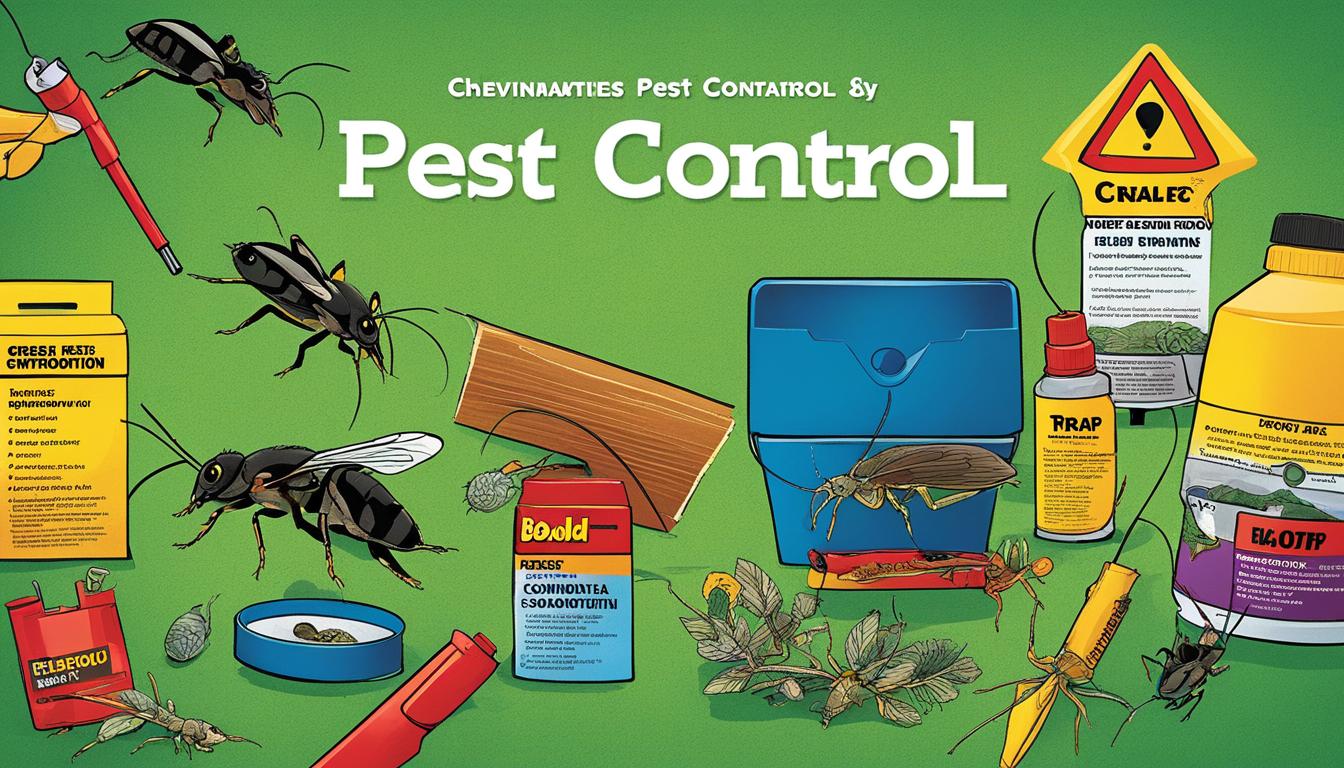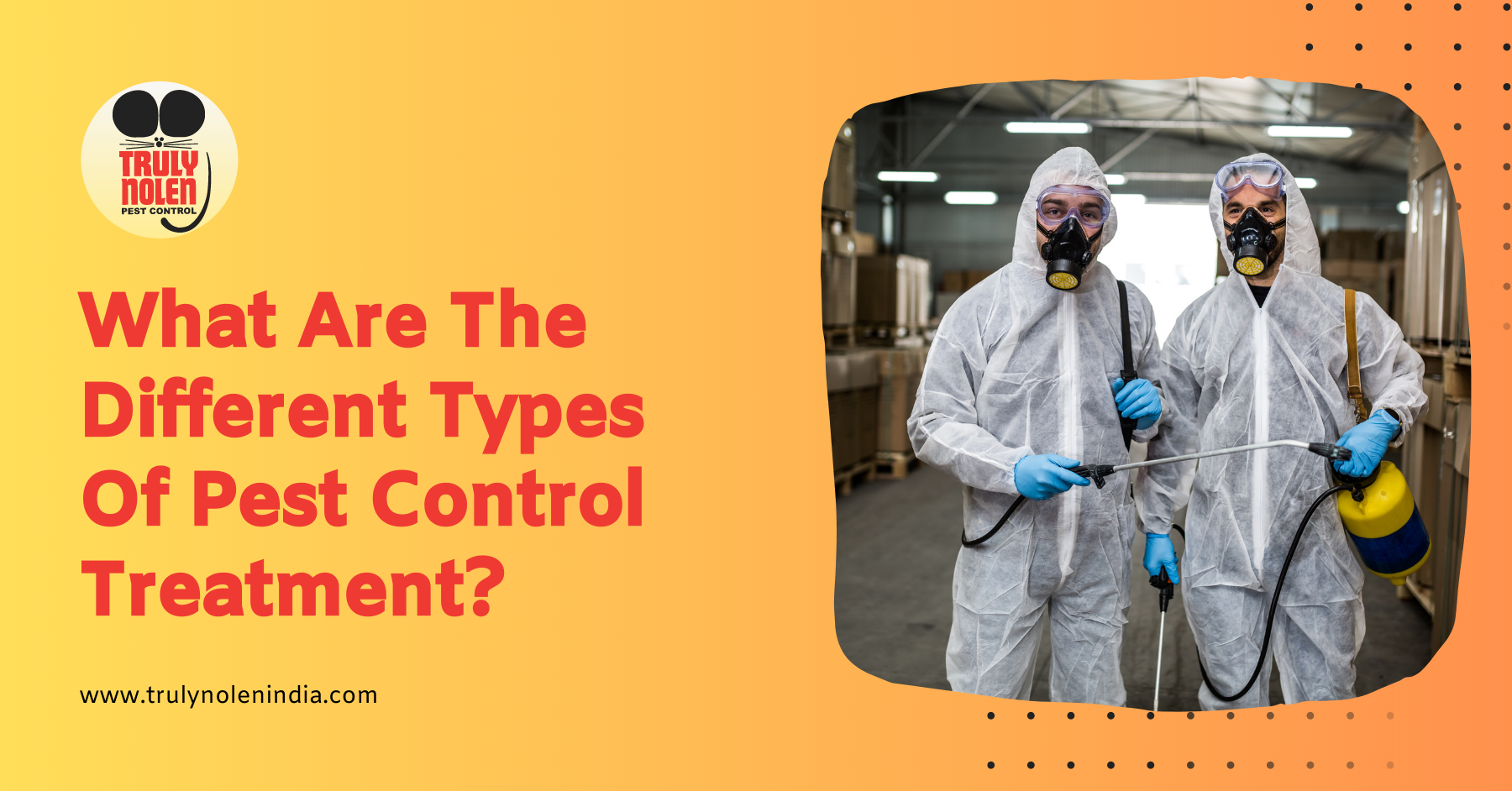The Ultimate Guide To Pest Control
The Ultimate Guide To Pest Control
Blog Article
The Greatest Guide To Pest Control
Table of ContentsWhat Does Pest Control Do?Pest Control Things To Know Before You Get ThisExcitement About Pest ControlPest Control Can Be Fun For Anyone7 Simple Techniques For Pest ControlLittle Known Facts About Pest Control.
Our findings reveal that the first evaluation will certainly cost anywhere from $160-$300 on standard. This typically sets you back anywhere in between $400-$1000 for the entire year's coverage, with regular monthly or bi-monthly sees already rolled into the last cost.Depending on the issue, a task that needs a single see generally costs $300 to $550. These are the most convenient prices to describe in your bug control catalogs. Make certain to describe to your consumer the procedure and the time it will certainly take to analyze the circumstance. Throughout this very first go to, you may discover that the work calls for numerous extra sees, whereupon you can consider it an initial visit.
Parasites that generally requires ongoing brows through consist of: Roaches. Spiders. Termites. Ticks. Rats. Our findings reveal that a preliminary visit has to do with $180 and is the initial of an ongoing contract. The initial visit is where you do the checking out that will certainly aid you determine a solution. Throughout this very first go to, you should: Analyze the problem. Pest Control.
In general, the regularity of periodic check outs is: Every month: $40 45. Bug control is a chemically-intensive company. Chemicals are the essential materials that pest control men utilize to complete a job.
The Buzz on Pest Control
Essential products and products you'll use include: Respirator. Sprayer. Handwear covers. Duster. Foamer Baiting tools. UV light. Other safety tools. It is necessary to have every one of the right tools before starting a work. Your tools must be consisted of as part of your expenses expenses. If you have staff members, then labor expenses are going to be the most significant expenses for your company.
Limitations of Chemical Administration Have the ability to analyze insect problems, determine if monitoring is needed, and make proper referrals using IPM strategies. Be acquainted with various methods of parasite administration - their advantages and restrictions. Recognize the worth of useful insects. It is not possibleor also desirableto rid gardens of all bugs.
This chapter goes over (IPM), a technique that utilizes knowledge about insects and their, techniques, nonchemical methods, and chemicals to take care of pest problems. Added info regarding IPM for specific plants is consisted of in phases that focus on those plants. Nonchemical bug control actions are worried in chapter 17, "Organic Gardening." Taking care of birds and creatures is covered in chapter 20, "Wildlife." Handling in the lawn and garden is covered in phase 6, "Weeds." Insects in a garden or landscape may consist of insects and termites, weeds,, mammals, and birds.
Some Known Factual Statements About Pest Control
Bugs and weeds, nonetheless, play a duty in the. After growing a yard or establishing a grass, the natural process of plant sequence starts to restore and nonnative plants.
What we call "bugs" belong to a natural system at the workplace. An environment has no pests. Only people take into consideration certain species pests when they take place where they are not wanted. We will certainly be extra effective in managing unwanted species when we realize that these organisms comply with predictable patterns that we can use to our benefit.
Insects prone to a pesticide were promptly killed, leaving immune ones to breed and multiply. It came to be clear that pesticides alone would not solve all parasite issues. Instead, overuse of pesticides created find here the advancement of resistant parasites. Scientists began to establish a brand-new approach to pest control. This brand-new approach was called incorporated insect management (IPM).
An IPM strategy enables some degree of parasites in the atmosphere. Insects are much less most likely to endure a program that uses various approaches of minimizing their populations. Integrated parasite administration was first suggested by entomologists since insects were the initial group of insects to prove difficult to manage with chemicals alone.
The Facts About Pest Control Revealed

Management instead of elimination of pests is the goal. An IPM plan begins with a mindful evaluation of each parasite problem. Only then can one decide about the ideal strategies necessary to suppress pest activities. The life cycle of the parasite, feasible damages, all-natural enemies, and effects of weather, amongst various other factors, are considered prior to a control strategy is applied.
Clover expanding in a yard may be deemed an unwanted weed, however as a legume it is synthesizing nitrogen for the dirt and the flowers are giving nectar to honey and various other. Tolerance for some weeds might become part of an IPM strategy. may be consuming the leaves of a plant, however when they are determined as the larvae of Eastern tiger swallowtail butterflies, their damage may be endured so we can take pleasure in the attractive butterfly.
Number 81. Brownish lacewing larva (Hemerobiidae family). Pest Control. Matt Bertone Prevention is the initial tool in insect monitoring because it is one of the most effective, least expensive, most ecologically pleasant service. Selecting a healthy and balanced plant that flourishes in the desired location with the offered light, growing it carefully, and ensuring that it has appropriate water and nutrients stops tension and minimizes parasite problems.
A Biased View of Pest Control
The second most essential tool in insect administration is very early intervention. Reacting to troubles promptly, prior to they have time to multiply, requires a much less dramatic treatment.
Several risk-free, practical, nonchemical methods of plant defense and bug monitoring might reduce or get rid of the need to spray. Various other methods are most helpful when made use of with chemicals. To carry out monitoring methods correctly and to minimize losses, garden enthusiasts must be conscious of the kinds of pests that assault plants and comprehend pest biology.
Pest management methods drop right into four teams: cultural, mechanical, organic, and address chemical. Keeping plants healthy and avoiding plant stress aids plants to better stand up to and fix the damage brought on by a bug or mite bug. Some proof shows that healthy and balanced plants resist infestation by pests better next than plants with low vigor.
Conducting a dirt examination and applying only the suggested amount of plant food and lime takes full advantage of the benefit to the plant while reducing problems connected to too much use of plant food. Treatment the soil with several inches of mulch shields the plant in a number of ways: decreasing dirt water loss to evaporation, minimizing weed competition, supplying nutrients, and creating a suitable environment for earthworms and microbes that maintain the soil loosened for origins and damage down organic product to release nutrients.
What Does Pest Control Do?

If tilling is considered needed, think about doing it in the loss when the life process of several parasites brings them near the surface. At the surface area, insects come to be revealed to the climate as well as birds and other natural adversaries. Autumn tilling can also ruin bugs in crop residues. Usage disease-free and insect-free licensed seeds and plants if offered.
Report this page